In this article, I discuss how you and your partner can proceed when you have reached an impasse while discussing an issue.
In my work as a Calgary psychologist and a Cochrane psychologist, I often work with couples in relationship counselling who become stuck when discussing issues. This can lead to frustration, anger and other difficult emotions. Experiencing these emotions is often followed by the two partners making negative comments toward each other. This is followed by more of the aforementioned emotions as well as some additional difficult ones like hurt and sadness. The partners may then withdraw from each other, leading their relationship friendship to suffer. This can then result in the relationship as a whole moving in a negative direction.
In the following sections, I will discuss several strategies you and your partner can use when you are stuck on an issue you are discussing. Some of these strategies focus on helping you to get unstuck on the issue you are discussing while others detail constructive steps you can take to keep your relationship strong if you remain stuck despite using those strategies.
Pick a better time to start or resume discussing the issue
If you are stuck on an issue, it is likely that you and your partner are on ‘red light’. That is, you are feeling too much stress to be able to communicate constructively. In such instances, either or both of you can use a ‘red light signal’ to request a temporary shutdown of the discussion and agree to return to it at a later time when you are both on ‘green light’—that is, when you are both in a relatively low-stress state which is conducive to communicating constructively.
It is also a good idea to check in on each other’s ‘traffic lights’ before starting the discussion of an issue. Only proceed if you are both on green light and postpone the discussion if one or both of you is on red light. Using this strategy will decrease the likelihood of you becoming stuck when discussing the issue at hand.
Change the way you communicate your points
You are less likely to get stuck on an issue if you and your partner use constructive ways to communicate your points. Raise issues constructively by staying positive and focusing on the actions you would like each other to address. In contrast, you should avoid bringing issues up in a non-constructive manner with negative references to each other’s character and inaccurate ‘you always’ and ‘you never’ statements.
You are also less likely to get stuck if you and your partner respond non-defensively when one of you raises an issue. This can be done by agreeing to address the concerns which they raised, proposing a compromise or acknowledging valid points in their position even if you do not agree with it entirely.
Focus on listening to the meaning underlying each of your positions
When you and your partner are stuck on an issue, it often helps to understand the meaning underlying each of your positions. The reason is that each partner will often have reasons for their position rooted in long-standing ways of thinking and feeling which typically stem from emotionally-laden experiences in their past..
You can tap into these underlying meanings by having you and your partner take turns discussing your thoughts and feelings on the issue while the other partner focuses on listening for underlying meanings. Doing so helps to build empathy which leads each of you to be more open to addressing the other’s concerns regarding the issue.
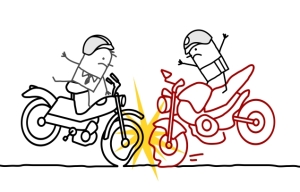
Identify areas of compromise
Having a method you and your partner can use to explore compromises is helpful for getting unstuck. One such method is Dr. John Gottman’s ‘finding common ground’ technique which he describes in The Seven Principles for Making Marriage Work.
Using this method, you and your partner each draw two circles on a page. In the smaller inner circle, you each identify those areas of the issue on which you cannot compromise. In the larger outer circle, you write aspects of the issue on which you can compromise. Then you and your partner can meet to discuss each of your respective circles and begin implementing steps on aspects of the issue on which you both can compromise.
It is often helpful to use this technique after the previously mentioned exercise of listening to the meaning underlying each of your positions. That exercise offers ideas for what is important to each of you so that you can target these with ideas for compromising steps in your outer circle.
Decide if the issue is a deal-breaker
Decide if the issue that you’re stuck on is a deal-breaker. In other words, is it an issue on which if you don’t find a solution which is acceptable to you, it will lead you and/or your partner to want to end the relationship? If you have determined after careful consideration that it is such an issue, then it may be time for you and/or your partner to move on in order to find a new partner with whom you can agree on the issue.
If the issue is not a deal-breaker, then you can shift your focus to finding ways to keep your relationship strong despite you and your partner being stuck. I will present ideas for how you can achieve this goal in the next section.
Follow rules to keep your relationship strong despite the impasse
If you and your partner have tried all the above strategies and you remain stuck on an issue which is not a deal-breaker, your next step should be to prevent the impasse from causing your relationship to deteriorate. This means first accepting that it is common for couples in loving relationship to have issues that do not get resolved. Secondly, you need to employ the strategies which couples in loving relationships use to keep their relationships strong despite the presence of impasses.
This may entail having relationship rules you and your partner can follow to guide you in these instances. This might include a rule such as: “If we disagree on an issue and cannot resolve the disagreement, then we will keep our relationship strong by taking the following steps”. Having such rules in place is important because it is very easy when you and your partner are frustrated to withdraw from each other. This usually includes cutting back on the times you connect with each other in activities to build closeness and friendship. Pulling back from each other in this manner following an impasse can often be the start of what may become a permanent deterioration of your relationship.
Steps you can follow to keep your relationship strong despite being stuck include cognitive and behavioural strategies. Cognitive strategies like thought records will help you and your partner to challenge hot thoughts which you may have about each other as a result of the disagreement such as ‘He/she doesn’t care about me’. Critically examining such hot thoughts with evidence will allow you to change them to more positive and accurate balanced thoughts such as, “Even though we disagree on this issue, the evidence indicates that my partner cares about me.”
Behavioural strategies you and your partner can use to keep your relationship strong focus on continuing to connect with each other in activities to build intimacy and friendship. Keep in mind that you and your partner might not feel like continuing such activities in the face of an apparently irresolvable disagreement. In these instances, you should adopt the same kind of thinking which you may use to motivate yourself to exercise on those days when you do not feel like doing so.
That is, remind yourself that you and your partner can still spend time connecting with each other even when you don’t’ feel like doing so because of unresolved issues or other concerns. If you both make this commitment to ongoing connection, you should eventually enjoy the benefits of friendship and intimacy despite there being unresolved issues in your relationship.
May you and your partner use strategies to manage issues on which you are stuck,
Dr. Pat

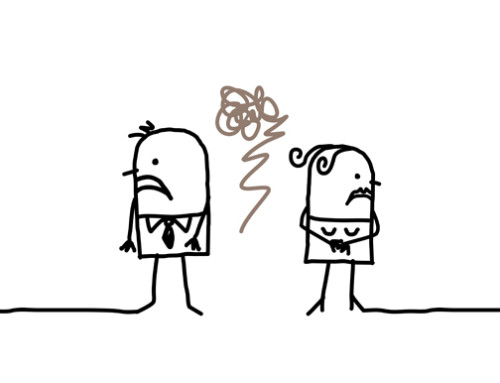
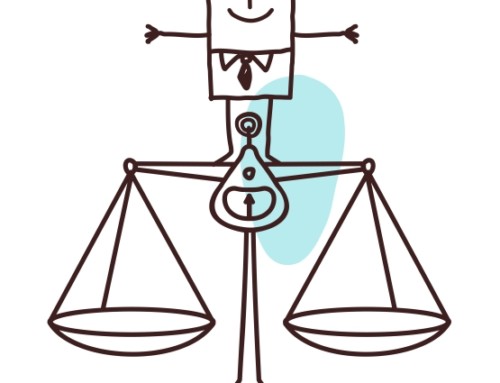
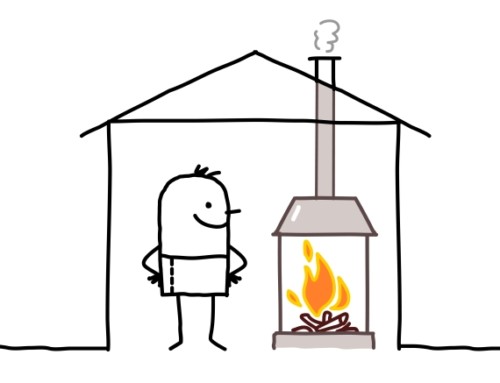
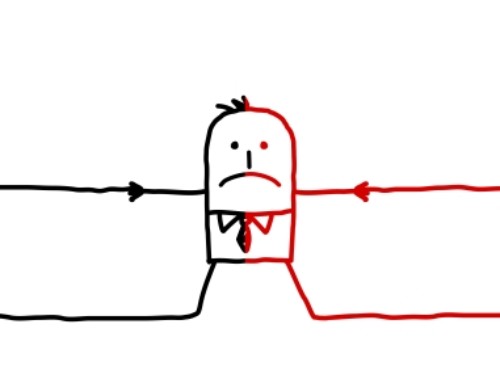

Leave A Comment